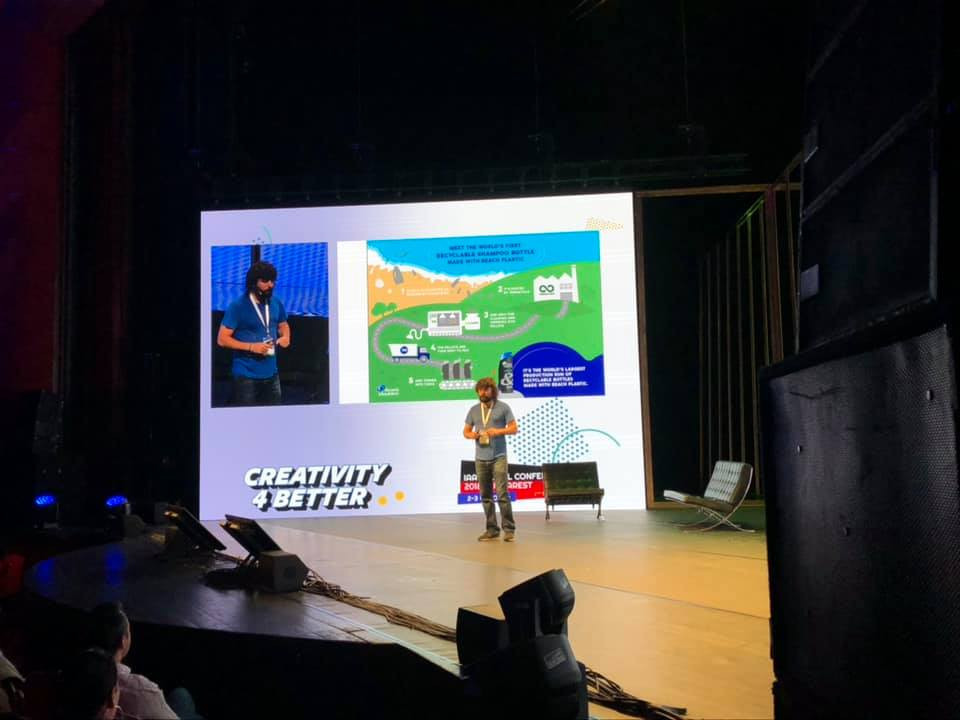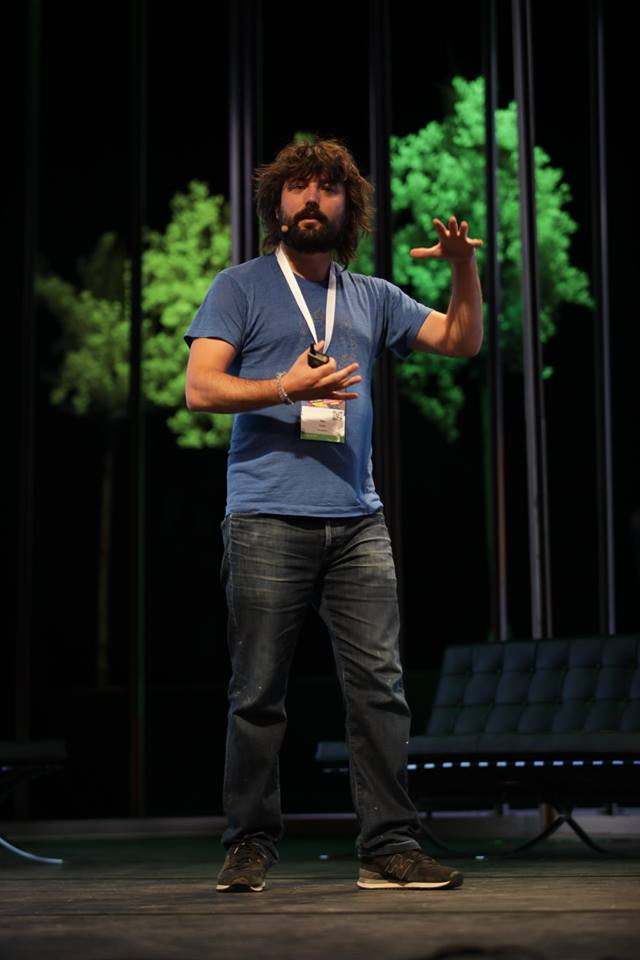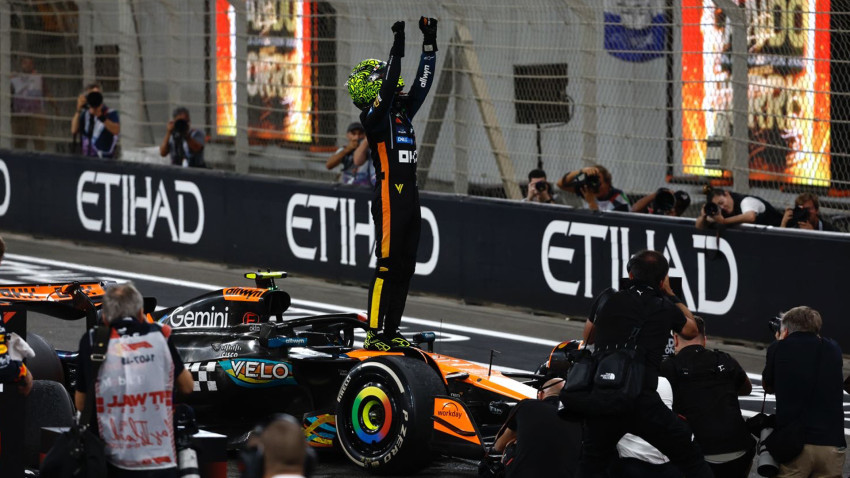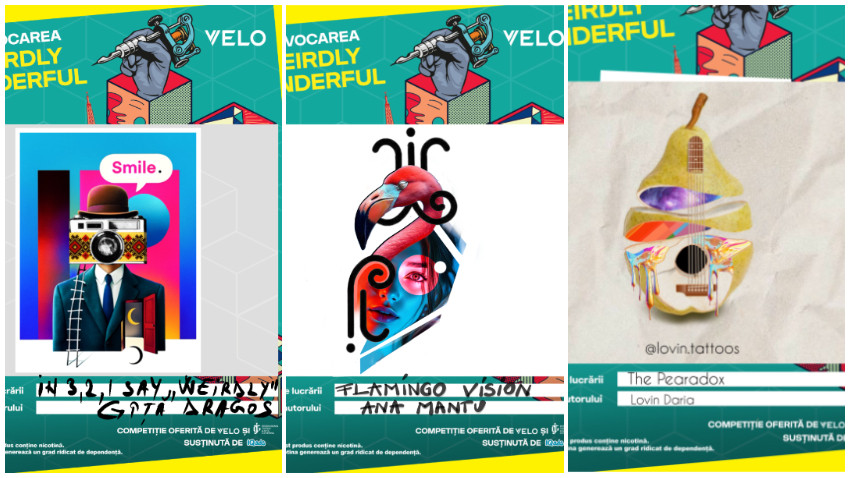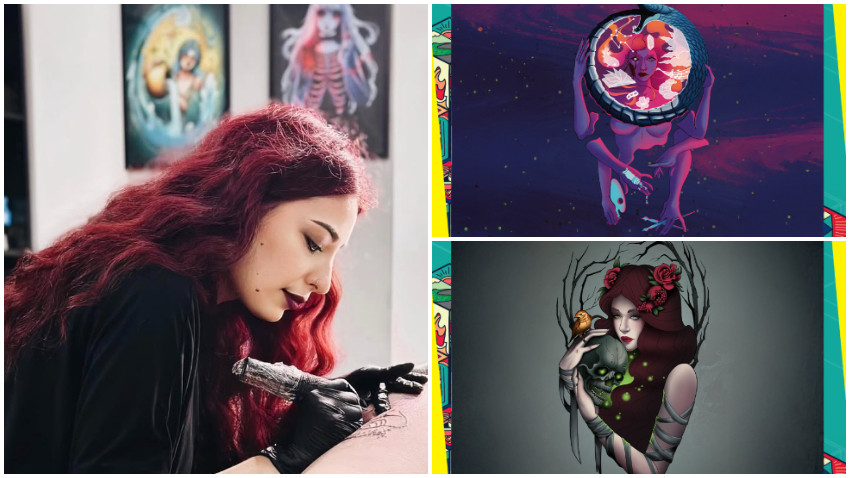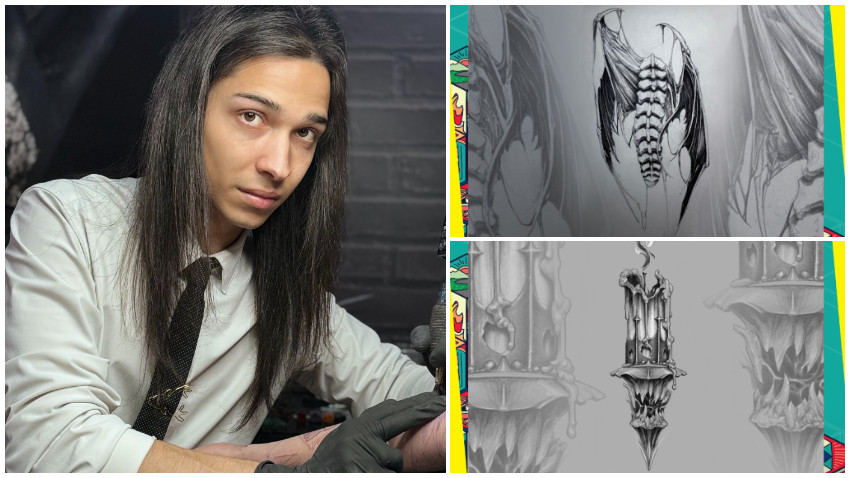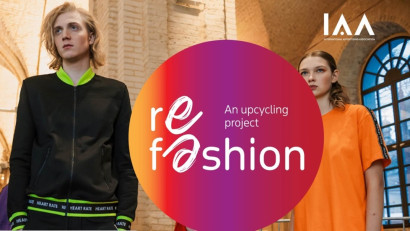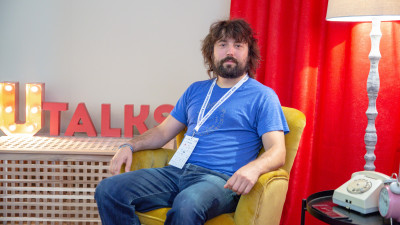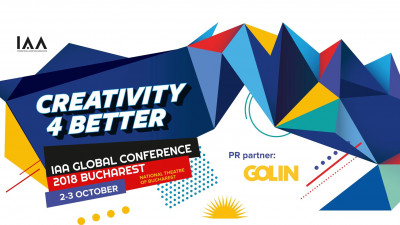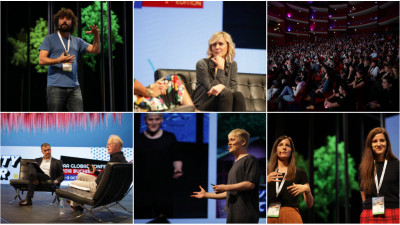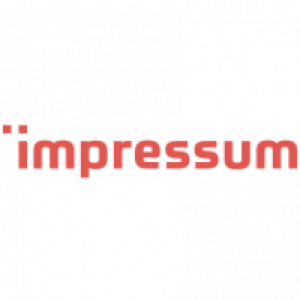"Why do we end up owning things we don't really want to own?". A question that stayed with you long after Tom Szaky's presentation at the Creativity4Better conference, organised by IAA Romania. Tom is founder & CEO of TerraCycle, a company with operations in 21 countries, working with brands and companies in order to create waste recycling/reuse platforms as well as other types of circular economy solutions. For example, along with Procter & Gamble, Terra Cycle created the first shampoo bottle made from recycled ocean plastic.
Even though we seem to be surrounded by garbage, Tom isn't giving up on hope, as seen through the books he's published so far:"Revolution in a Bottle", "Outsmart Waste" and "Make Garbage Great" .
"So, why is it that we end up owning things we don't want?" was our question for Tom Szaki. "There's this change in perception when it comes to ownership", came the answer. In a world where everything is easy to throw out, recycling isn't always the answer. The answer is to pay more attention when we walk into a store and choose any and all items off the shelf. Because, in the end, stores are just a mirror of our own desires.
Are you an optimist or a pessimist?
I would say I'm both. From a pessimistic point of view, things are getting worse, the population is growing, there is more and more garbage, so from a macro point of view I feel quite concerned. I also try to be as hopeful as possible because, after all, what do we have left without hope?
It's a challenge, because it's a bit of both optimism and pessimism simultaneously, so what I'm trying to do is see how I can influence as many organisations/people as possible to start shifting and try to solve the issue. And let's hope we can.
I am a pessimist who is trying to be as hopeful as possible. Or a hopeful pessimist.
The concept of ownership
Recycling has been growing for the last 50 years and we've had success, so I found myself asking "why aren't more products recyclable?". Now we're recycling hundreds of things that we've never recycled before. And then came the question: "why don't we produce things using recycled materials?". That approach grew from ocean plastic to a dozen other things.
As I reflected further upon it, I kept wondering if this is truly the answer. The strange thing about the word "recycling", academically, is that garbage has to exist for recycling to exist, they are connected. And I realized using recycled materials will never be the whole answer, because of the idea of waste. Thinking about that construct, that frame of thought, what really hit me was the concept of 'ownership'.
If you look at the circular economy - AirBNB, Uber, any of them - what they really did was change ownership. And the key over here is applying the concept of ownership to the things we throw out every day (our coffee cups and so on). That, for me, became a big epiphany.
Authenticity in brand activism
I don't really think it matters if they are authentic or not. Right? If I give you a compliment and say you look beautiful today, even if I don't mean it, that's better than me not saying anything. You will feel better. Maybe if I mean it, you will feel a little more better, but I don't think that authenticity really matters. I think all that matters is the push in that direction. As much as possible.
Companies aren't sustainability engines. Very few have a purpose in sustainability, like my company. What's the purpose of McDonald's? It's to sell hamburgers, to feed you. Sustainability isn't the purpose, food is the purpose. It's important to accept that's what companies stand for and think about how we could change them to serve their purpose as sustainably as possible.
That becomes the most important issue. You shouldn't criticize, yell and scream at companies, but instead use your money to vote for the future you want.
If you think about it, what is a store? A mirror of our desires. And you walk into a store and you see all the beverage containers A. B. C. Next time you're out there, think about this: for the one I buy, two more will appear, and for the one I don't buy, one less will appear tomorrow. That's what happens. And that's very powerful.
We, as consumers, can bring about change by voting with our money. And if companies and organisations see they can win through sustainability, they will do much more.



